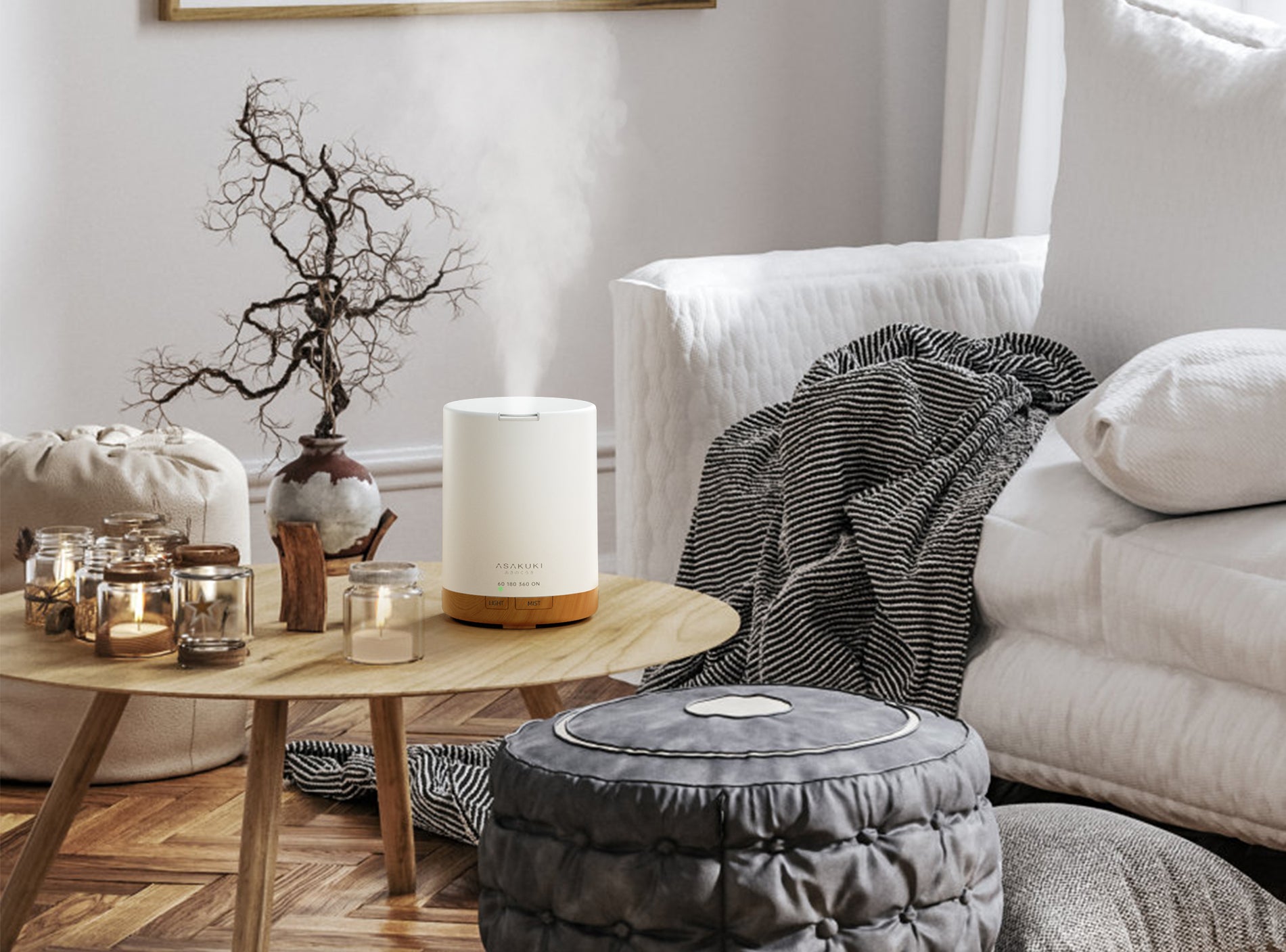Congestion is one of those discomforts that can disrupt our daily lives, making it difficult to breathe, sleep, and function properly. Whether it's due to allergies, a cold, or dry air, finding relief from congestion is a top priority for many. One solution that often comes to mind is a cool mist humidifier. But does it really help with congestion? Let's delve into the science behind it.
Understanding Congestion
Before we explore the effectiveness of cool mist humidifiers, let's understand what congestion is and what causes it. Congestion occurs when the nasal passages become swollen and inflamed, leading to a feeling of stuffiness or blockage. This can result from various factors, including:
1. Dry Air: Dry air can irritate the nasal passages, leading to congestion, especially during the colder months when indoor heating systems are in use.
2. Allergens: Allergens such as pollen, dust mites, and pet dander can trigger allergic reactions, including nasal congestion, in susceptible individuals.
3. Viral Infections: Common colds and flu viruses can cause inflammation in the nasal passages, resulting in congestion as the body's immune response kicks in.
How Cool Mist Humidifiers Work
Cool mist humidifiers work by emitting a fine mist of water into the air, increasing humidity levels in the environment. Unlike warm mist humidifiers, which heat water to produce steam, cool mist humidifiers use either ultrasonic vibrations or a fan to disperse the mist without altering the temperature of the water.
Benefits of Cool Mist Humidifiers for Congestion
Now, let's explore how cool mist humidifiers can help alleviate congestion:
1. Moisturizing the Air: Dry air can exacerbate nasal congestion by drying out the mucous membranes lining the nasal passages. By adding moisture to the air, cool mist humidifiers help keep these membranes hydrated, reducing irritation and promoting easier breathing.
2. Relieving Sinus Pressure: Congestion often accompanies sinus pressure, which can cause discomfort and headaches. The increased humidity from a cool mist humidifier can help soothe the sinuses, relieving pressure and discomfort.
3. Reducing Airborne Irritants: Cool mist humidifiers can help trap and settle airborne irritants like dust and pollen, reducing their concentration in the air. This can be particularly beneficial for individuals with allergies, as it may help alleviate congestion caused by allergic reactions.
4. Promoting Restful Sleep: Congestion can make it difficult to sleep comfortably. By creating a more comfortable indoor environment with optimal humidity levels, cool mist humidifiers can help improve sleep quality for individuals struggling with congestion.
Tips for Using Cool Mist Humidifiers
While cool mist humidifiers can be effective in relieving congestion, it's essential to use them correctly to maximize their benefits and ensure safety:
1. Cleanliness: Regularly clean and disinfect your humidifier to prevent the growth of mold, bacteria, and other harmful microorganisms. Follow the manufacturer's instructions for cleaning and maintenance.
2. Proper Placement: Place your humidifier in a location where it can effectively disperse moisture throughout the room. Avoid placing it too close to walls or furniture, which can obstruct airflow.
3. Monitor Humidity Levels: Use a hygrometer to monitor humidity levels in your home and adjust the settings on your humidifier accordingly. Ideally, indoor humidity should be between 30% and 50%.
4. Use Distilled Water: To prevent the buildup of mineral deposits in your humidifier and maintain optimal performance, use distilled or demineralized water instead of tap water.
Conclusion
In conclusion, cool mist humidifiers can indeed help alleviate congestion by moisturizing the air, relieving sinus pressure, and reducing airborne irritants. However, it's essential to use them properly and maintain cleanliness to avoid potential health risks associated with improper humidifier use. If congestion persists or worsens despite using a humidifier, it's advisable to consult a healthcare professional for further evaluation and treatment.





